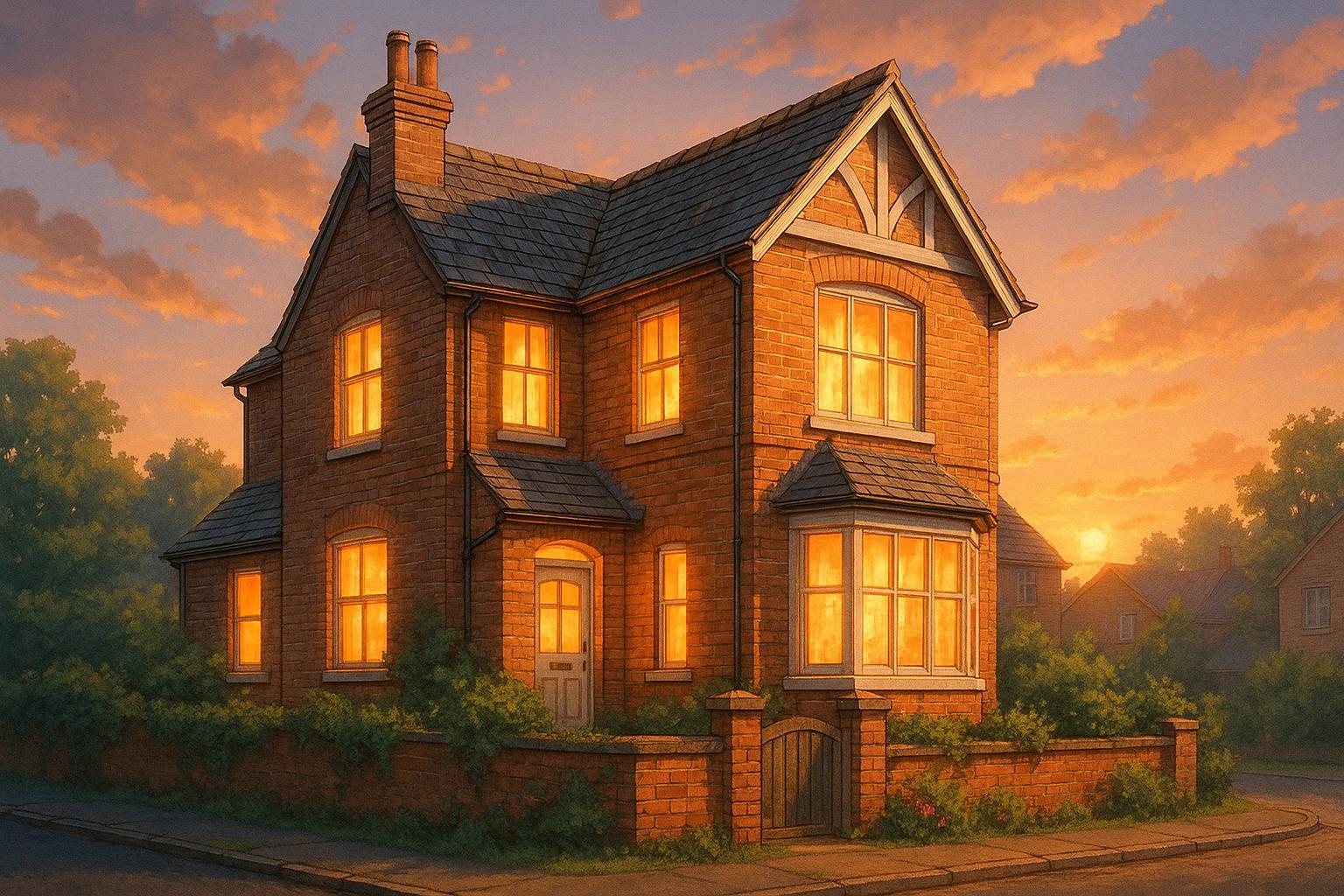A property once denounced as Britain's most disgusting house has undergone a remarkable transformation and now stands on the market with an asking price of £300,000. Previously notorious for overflowing with beer bottles, detritus, and a general aura of neglect, this three-bedroom home in Plymouth captures both the horror and potential of derelict properties.
The lead-up to its auction in November 2021 revealed a scene that was as unsettling as it was telling of the house's state. Inside, layers of newspapers, plastic bags, and discarded food items contributed to a feeling of chaos, while collapsing ceilings in some areas signified long-standing disrepair. The exterior presented a similar picture of neglect, as thick ivy and nettles overtook the front garden, nearly obscuring the blue front door. Given its condition, potential buyers faced the daunting prospect of undertaking extensive renovations—a concept that would require considerable effort and resources.
Nevertheless, the property sparked a fierce bidding war at auction, with initial offers starting at £110,000. The auction ended in dramatic fashion with the house selling for £145,000—£35,000 above its expected price, highlighting how even the most neglected homes can captivate buyers' imaginations if the right vision is applied. The previous owners, unable to manage the upkeep due to their passing, saw their property transition from a state of squalor to an embodiment of hope.
After the auction, the house was professionally cleaned, laying bare its potential. Its new owner undertook significant renovations, resulting in a stunning family home that boasts modern amenities such as a restructured kitchen, new plumbing, gas central heating, and updated wiring. Now marketed with confident optimism, the listing describes the home as “a beautifully presented, recently refurbished semi-detached house” that includes ample living space and a generous garden.
Interestingly, this property’s story is not an isolated case. Similar dwellings have entered the market recently, including another home in Coventry dubbed “Britain's filthiest,” which sold for £175,000—surpassing its guide price by £115,000. Both properties illustrate a burgeoning interest in homes that may require more than just a cleaning; they are emblematic of a trend where buyers are looking past the surface grime in search of a potential investment or a personal project.
The case of this Plymouth house encourages reflection on several societal issues, including the prevalence of hoarding and the implications it has for family estates. The previous deterioration of the property offers a sobering reminder of how lives can spiral into neglect, yet the subsequent renovation represents resilience and renewed possibilities.
The optimistic conclusion drawn from this narrative resonates with those seeking a property that embodies both history and hope. The house’s journey from “Britain's most disgusting” to a desirable family home emphasizes that, with vision and determination, even the most uninhabitable spaces can be transformed into warm sanctuaries worthy of appreciation.
Reference Map:
- Paragraph 1 – [1], [2]
- Paragraph 2 – [1], [2], [3]
- Paragraph 3 – [1], [4], [5]
- Paragraph 4 – [1], [2]
- Paragraph 5 – [3], [4], [6]
Source: Noah Wire Services
